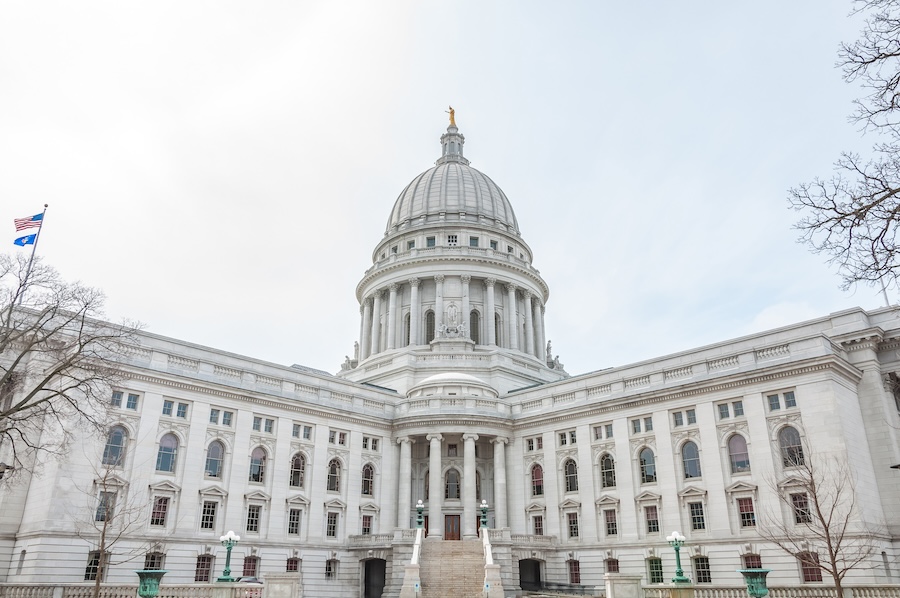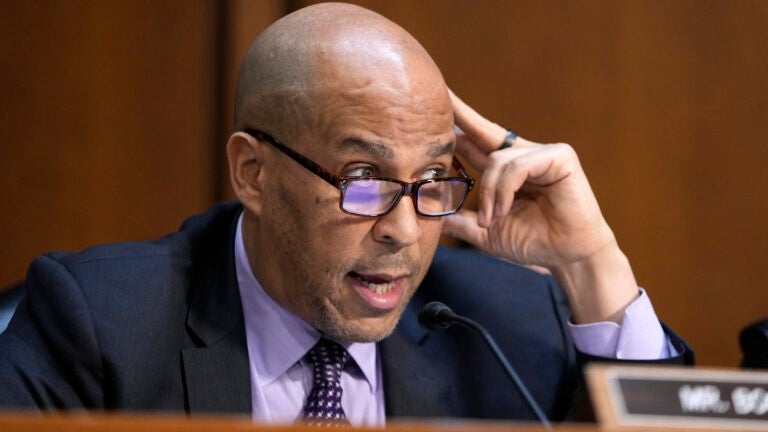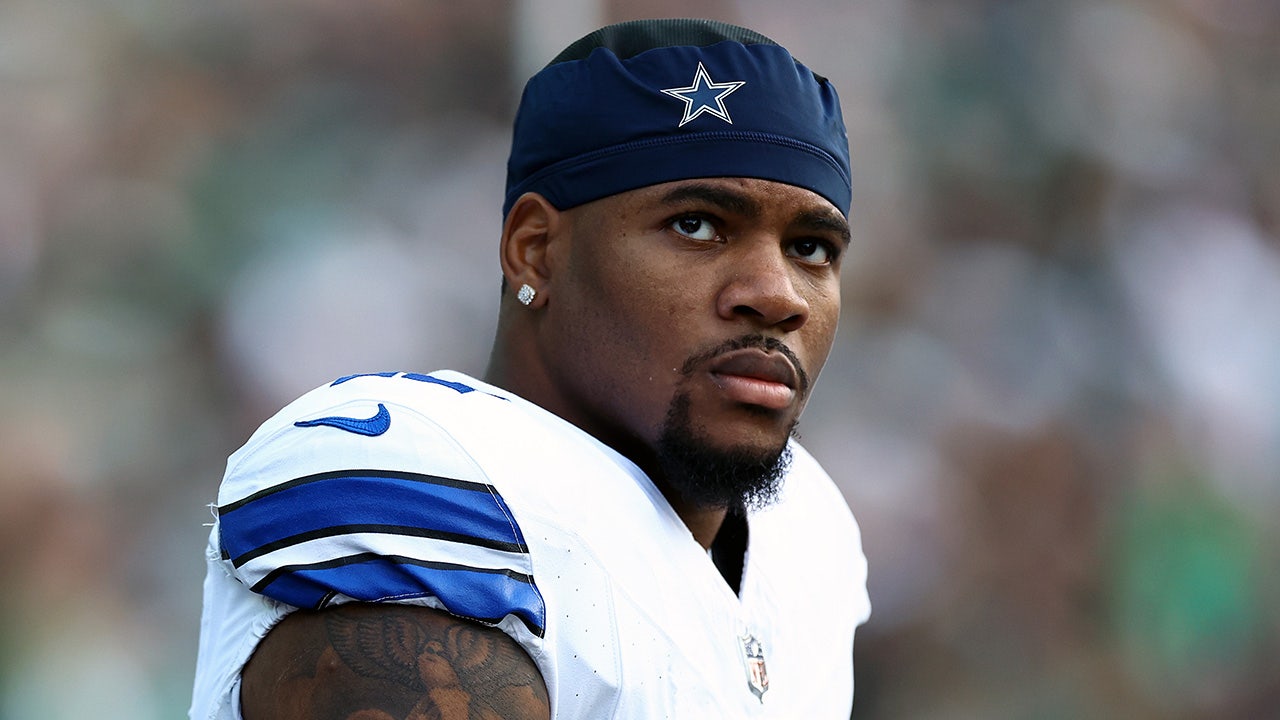1923's Duttons Would Be Ashamed of Yellowstone’s John Dutton
The adage that you either die the hero or live long enough to see yourself become the villain came true for the Dutton family on Yellowstone.

Ultimately, what’s the difference between those villainous power hungry millionaires and the patriarch of the Dutton family? This writer would argue, almost nothing. The flagship series would often have you believe that John’s intentions are so much purer, that he maintains the land and preserves it, and to an extent that’s true. He’s not trying to develop an airport or a casino, but to the Everyman, he is still a massive landowner, taking way more than he can manage, and perhaps more than he deserves.
Recall the very first season of Yellowstone, when a group of blissfully-ignorant tourists are trespassing on Dutton land. An elderly man tells John, “It’s wrong for one man to own all this,” to which John replies, “This is America. We don’t share land.” This is exactly the kind of elitist rhetoric that John’s own great uncle fought against when Whitfield went to take the original Yellowstone ranch by whatever means necessary. How quickly John has forgotten who his family fought against.
For generations, the power that the Duttons held was limited to the sheer willpower to survive. The hardships the family suffered in 1883 and 1923 make the modern Duttons seem like sheltered toddlers, even though they too might have to fight for literal survival. Yet John – regardless if he would admit it, and much like his land – grabbed more power than he needed. His great uncle Jacob was a livestock commissioner, and therefore had a similar power to enforce the laws, but this was just a drop in the bucket with John.
From day one, he had a plan for his children (biological or other). The ill-fated Lee Dutton (Dave Annable), who died at the start of the series, was always meant to take John’s place as commissioner, maintaining that level of control. He made sure Jamie (Wes Bentley) became a lawyer, and eventually put him in politics. He ensured Beth became the most fearsome businesswoman this side of the Bitterroot mountains. He positioned his children into positions of power, rather than simply being ranchers or cowboys. He wanted to use them to ensure he could do what the family needs in order to thrive. That meant that at times, circumventing the law his children knew so well was often the option.
Some might argue that John never wanted power, as he often shied away from becoming governor – until he actually became governor. John was always well connected (again, much like Whitfield) and in those early seasons, he certainly looked like he enjoyed being a well connected, well respected man of the community. More importantly, John was never afraid to use his connections to lean on someone or strike the fear of God into them to get what he wants – a play right out of Whitfield’s book.
If the law cannot be on their side, then it was time for cowboy justice, which has always been one of the most popular aspects of the show. Yet in recent 1923 episodes, it has been revealed that the Dutton’s beloved “train station” – where problems can disappear – is yet another one of Whitfield’s tricks, as Whitfield was the one who discovered and used the train station long before the Duttons.






















